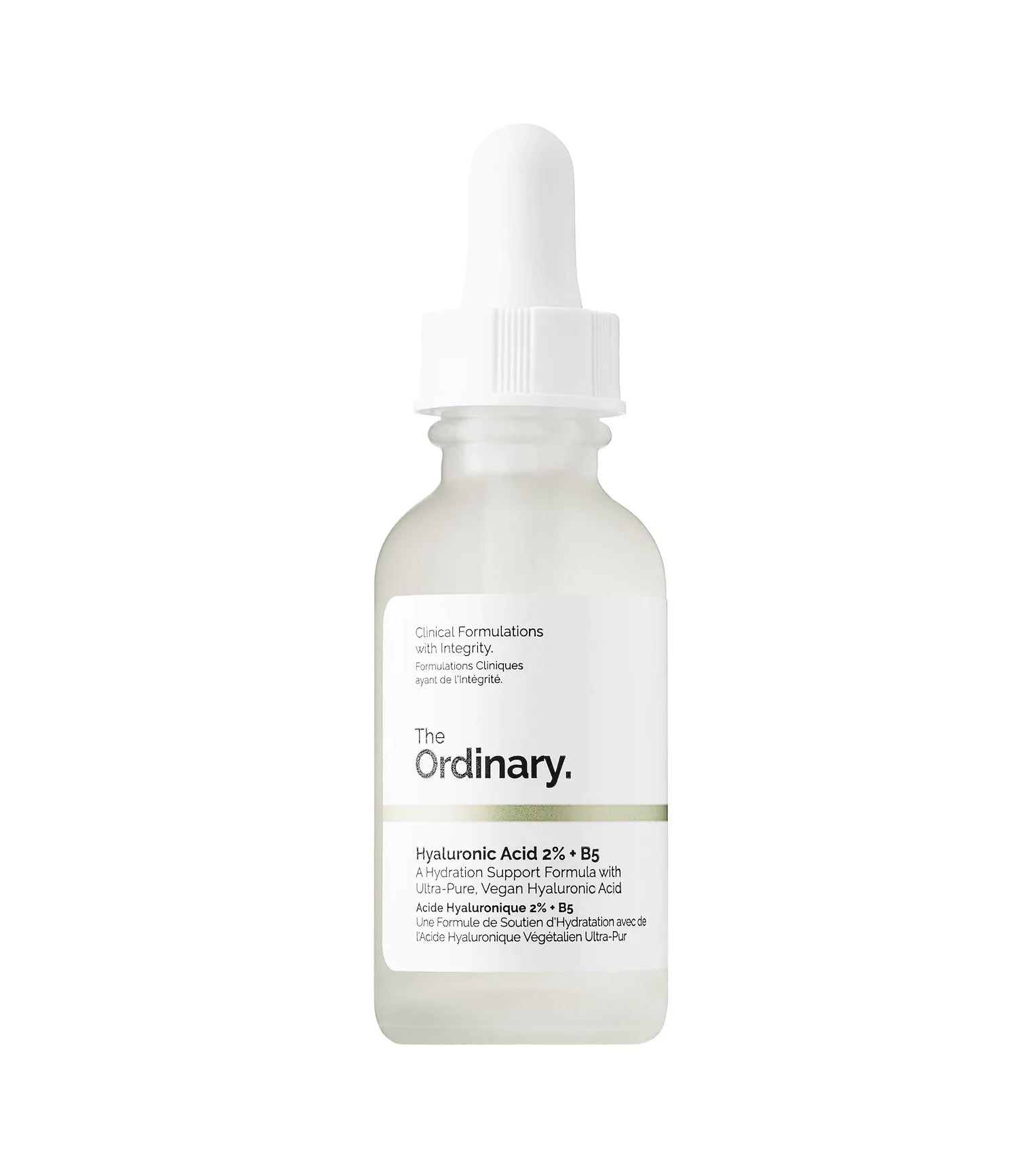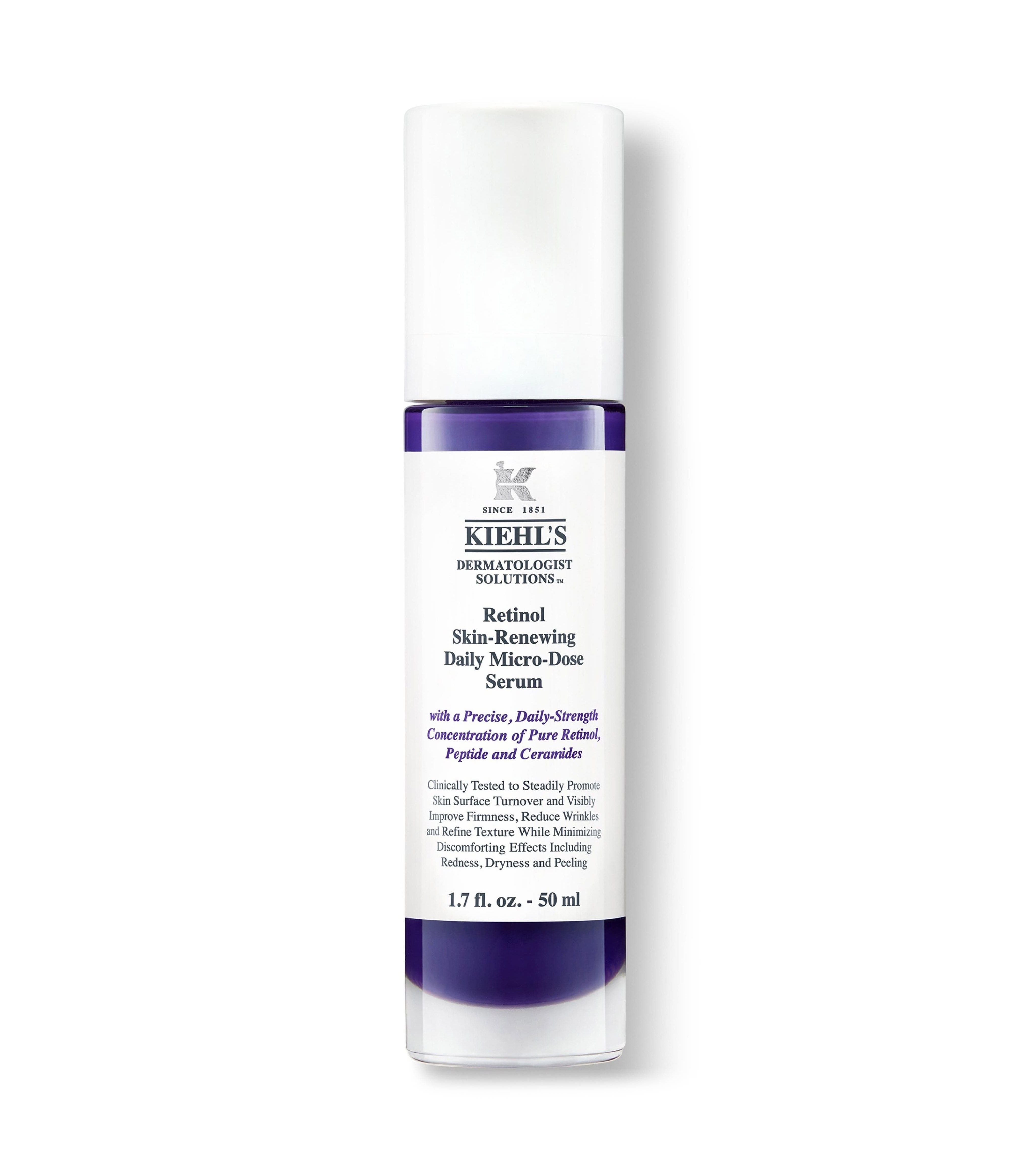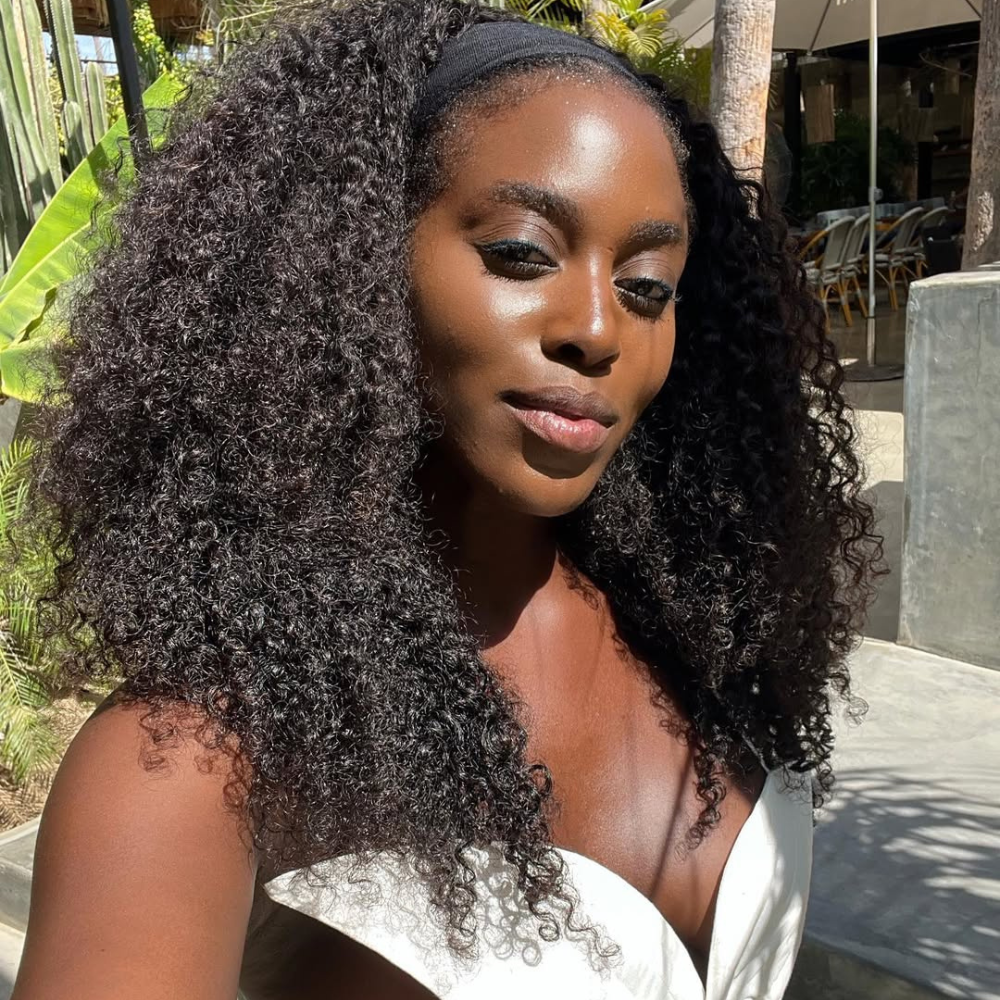Hyaluronic Acid vs. Retinol: Derms Explain Which One Is Better
A lot of us have the same skincare goal: clear, smooth skin that's glowy and looks healthy. You might also want to preserve your skin health against any environmental stressors and premature aging, too. And if you've done even the bare minimum of research when it comes to skincare ingredients, you've probably heard of hyaluronic acid and retinol. Some of you might know the ins and outs of these two ingredients, while others might just have a basic understanding that they're good for you.
But if you're shopping for skincare products, it's really helpful to know about the two skincare buzzwords and what they actually do so you can purchase products that work for your specific skin type (and so you're not wasting money). Of course, a dermatologist can help you figure this out and create a skincare routine for your individual skin type and preferences, but we're going to break down some of the basics for you below.
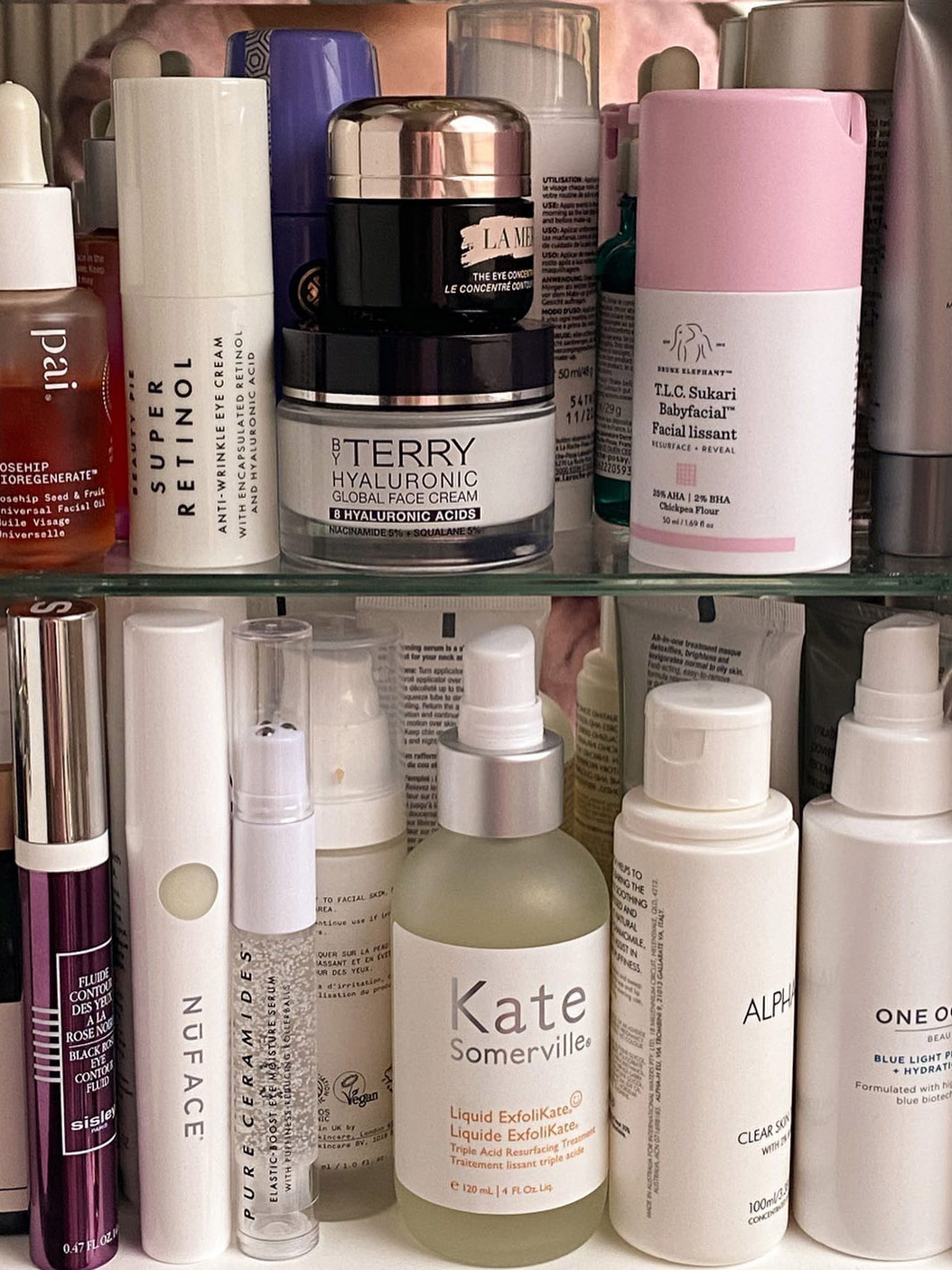
What Is Hyaluronic Acid?
"Hyaluronic acid is a hydrophilic (water-loving) molecule that is naturally occurring in the body, found in the skin, eyes, and joints, where it functions as lubricant," says board-certified dermatologist and founder of Maei MD Rebecca Marcus, MD. "In skincare, hyaluronic acid is used as a humectant, which means that it draws moisture into the skin. Hyaluronic acid is capable of holding 1000 times its own weight in water, which makes is very useful as a hydrating agent in skincare."
How exactly is it so hydrating? Joie Tavernise, medical aesthetician and founder of Manhattan clinic JTAV Clinical Skincare, explains that it acts like a magnet and binds itself to water molecules to pull them deeper into the epidermis, leaving the skin looking and feeling suppler, bouncier, and more flexible. When the skin isn't flexible, it can form wrinkles and fine lines.
It turns out all skin types can benefit from hyaluronic acid and its hydration powers. Hyaluronic acid products normally come in serum form, which is helpful for those with oily or combination skin types because you might not need a heavy, pore-clogging moisturizer. But you can also use HA underneath a cream to layer for more hydration if you've got dry skin. In fact, Corey L. Hartman, MD, FAAD, founder of Skin Wellness Dermatology, adds that hyaluronic plays well with so many other skincare ingredients (like retinols, peptides, glycerin, and more), so you might even find it mixed in other formulas.
As for how to apply hyaluronic acid, board-certified dermatologist Joyce Imahiyerobo-Ip, MD, FAAD, owner of Vibrant Dermatology and SkinBar MD, recommends using an HA gel daily. "It should be applied to skin after you wash your face," she explains. "It is best applied to slightly moist skin, so when you wash you face, you want to gently pat your skin dry, leaving a little water on the skin."
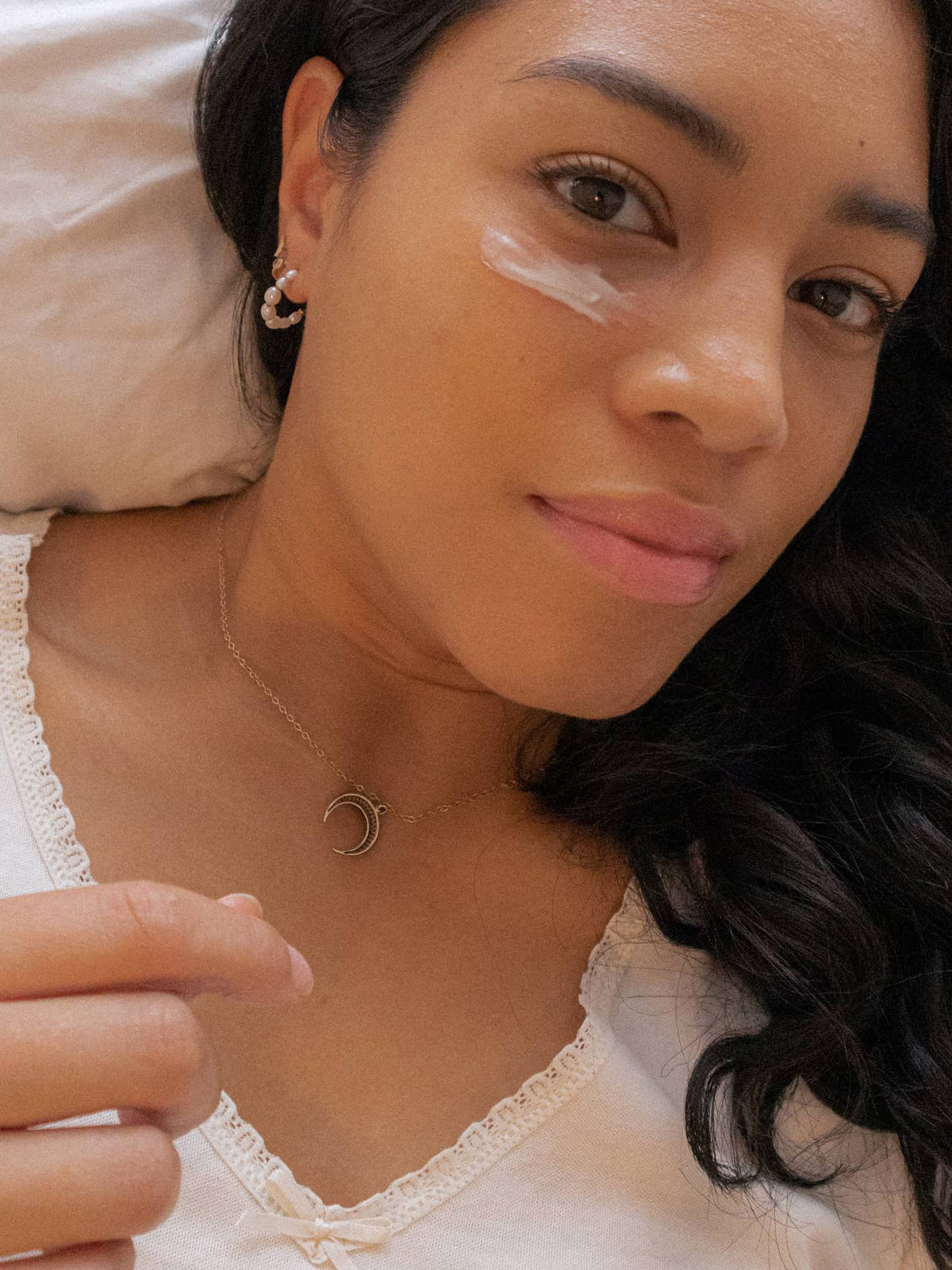
What Is Retinol?
"Retinoids are vitamin A derivates that ultimately get converted into retinoic acid, the active form of the molecule," Hartman explains. "The benefits of retinol are numerous and unparalleled and arguably the most important step that you can take for overall skin health and anti-aging after sun protection factor. Retinols regulate cell turnover, promote effective exfoliation, prevent acne, even discoloration, control oil, smooth fine lines and wrinkles, unclog pores and so much more." Marcus adds that retinol is part of the family of retinoids, which is comprised of vitamin A (retinol) and its natural derivatives, including retinaldehyde, retinoic acid, retinyl esters, and synthetic derivatives. In short, they can be anti-aging rockstars and are found in different forms: serums, gels, moisturizers, and creams. Some skincare products are purely retinol, and some are combined with other ingredients.
So how exactly does retinol work in the skin? "It works by penetrating the stratum corneum (a layer of the epidermis) and promotes cell turnover while preventing the breakdown of collagen," Tavernise says. "Retinol is also an option for those with clogged pores and blackheads, as it unclogs and tightens pores."
Most skin types can benefit from using a retinol—especially those with acne-prone, oily, photo-damaged, and mature skin. And many dermatologists say it's a must-have for your skincare routine to prevent premature aging. But it can be an irritating product, so you'll want to be careful if you have sensitive skin, super-dry skin, or rosacea. Luckily, there are different forms and strengths of retinol available, so you can choose one that works best with your skin type.
For application, the key is slowly introducing it to your routine. Hartman recommends starting with one to two times per week and building up from there based on your tolerance. "Ideally, retinol should be used every night if one can tolerate it that frequently. Retinol is broken down by UV radiation and should therefore be applied at bedtime, Marcus says. "Applying retinol to completely dry skin can help to minimize irritation, so it's best to wait a few minutes between cleansing and retinol application. Retinol should ideally be the first post-cleansing step at night, followed by a moisturizer. In general, though, products should be applied lightest to heaviest, in that order, to optimize penetration."

Hyaluronic Acid vs. Retinol: Which One Is Better?
So if you're really wondering which ingredient is more important, you might be a little disappointed to know that it's like comparing apples and oranges. "They are two very different molecules with different purposes," Marcus says. "I think of hyaluronic acid as hydrating and retinol as collagen-stimulating. In my opinion, both are very important to daily skincare for most people. Everyone can benefit from hydration, and most people can benefit from the enhanced cell turnover and collagen stimulation brought about by retinol."
Both hyaluronic acid and retinol are complementary to each other. "Taken together, these products work synergistically to improve fine lines and wrinkles and help the skin maintain a youthful appearance," Imahiyerobo-Ip says. It's important to note that pregnant people can use hyaluronic acid, but they should avoid retinol.
And while all the experts say you can benefit from using both because of their amazing skincare results, if you only wanted to prioritize one, think about your skin type. "If you have dry, irritated skin that is lacking in moisture, choosing a product with hyaluronic acid would be my recommendation," Hartman says. "Anyone with acne-prone skin, or someone who is looking to even out tone and fine lines and wrinkles would benefit from using retinol."
Now with all the information in mind, it's time to browse some products—take a look below.
Hyaluronic Acid and Retinol Products to Shop
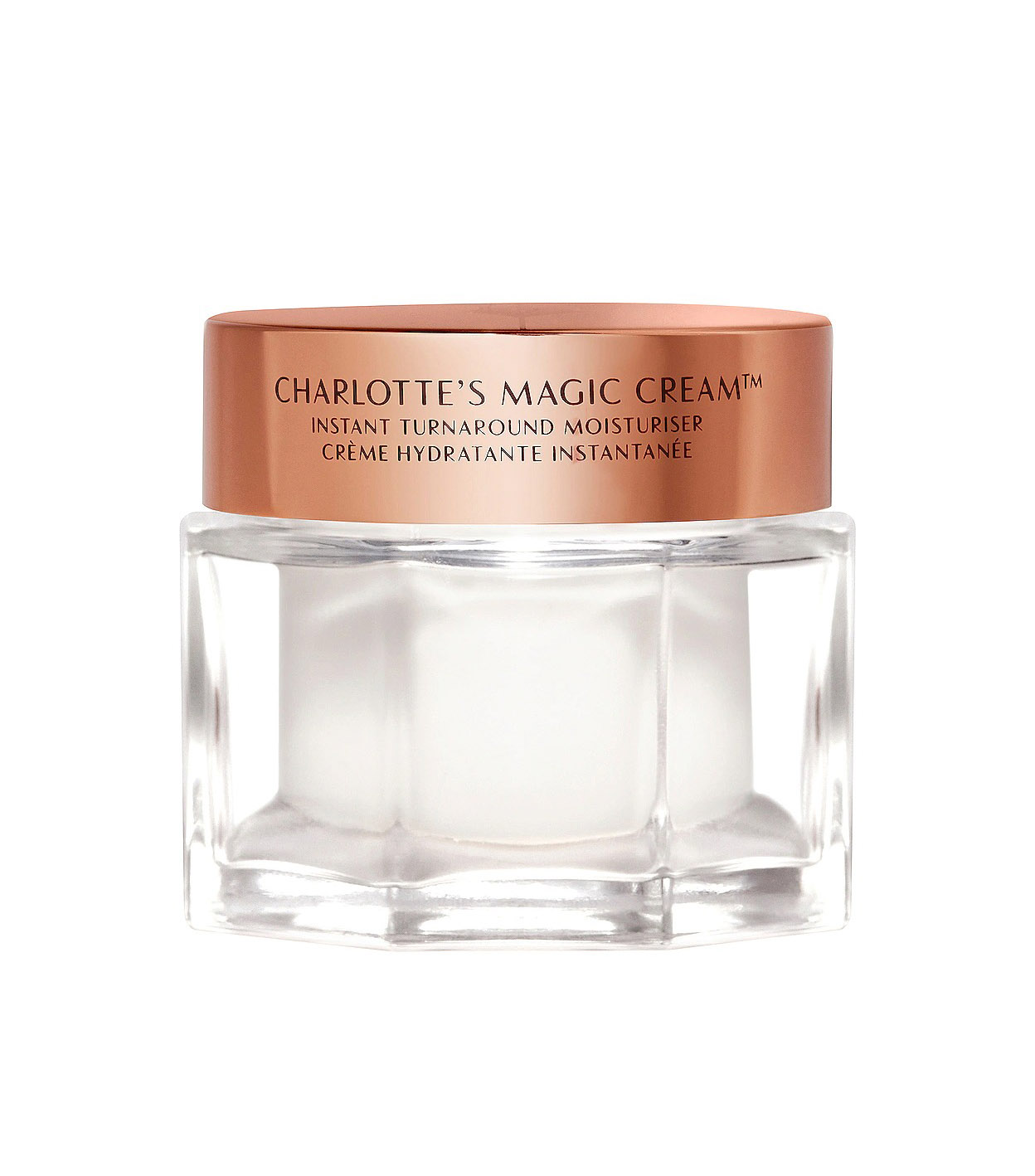
"For an OTC retinol, I love Charlotte Tilbury's Magic Cream," Marcus says. "This multitasker contains encapsulated retinol, which means that the retinol is released slowly and gently into the skin, minimizing the risk of irritation. In addition, it contains antioxidant CoQ10 and soothing hydrator vitamin E."
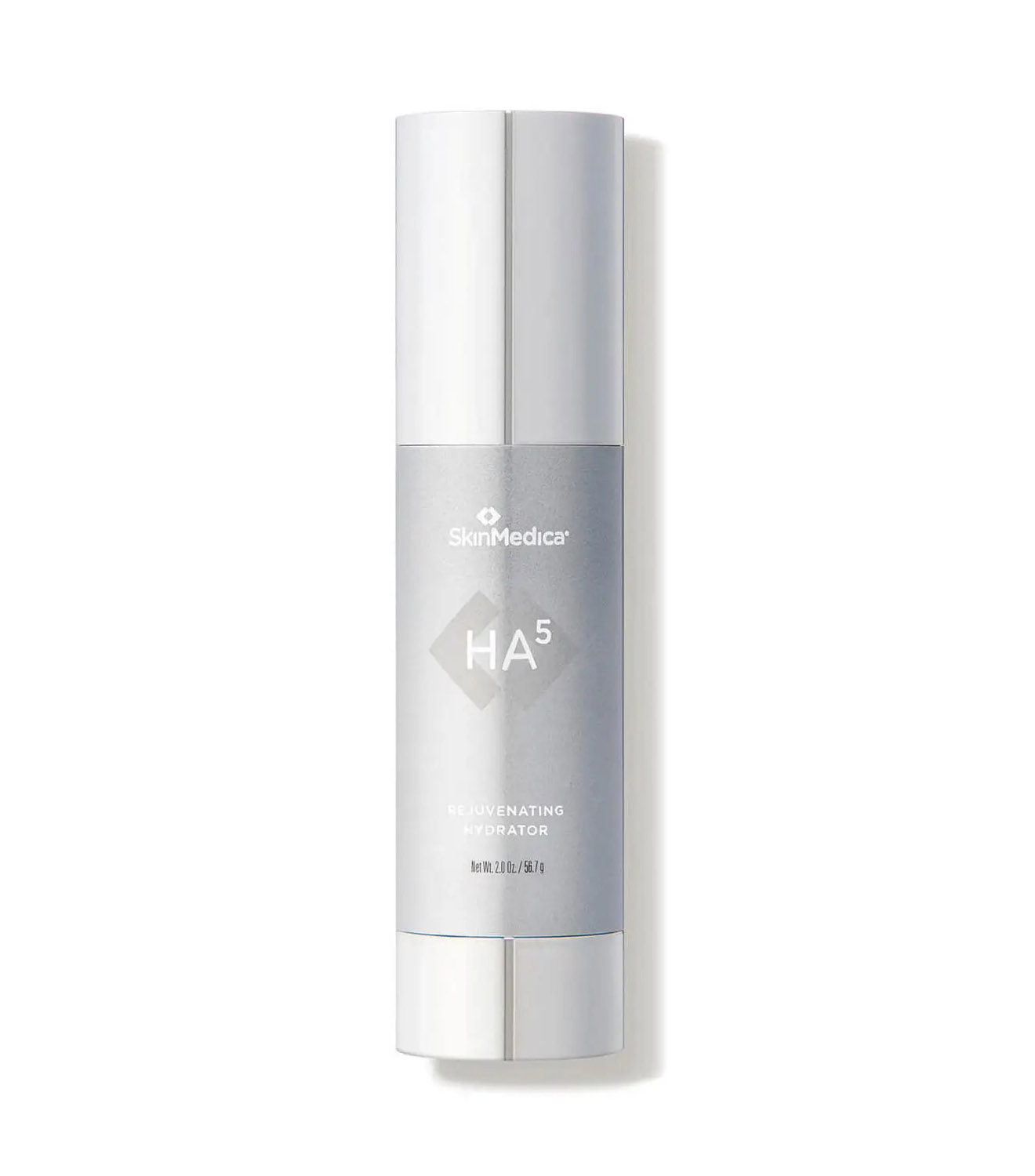
Imahiyerobo-Ip recommends SkinMedica's serum. In addition to hyaluronic acid, it contains a peptide complex and vitamin E.
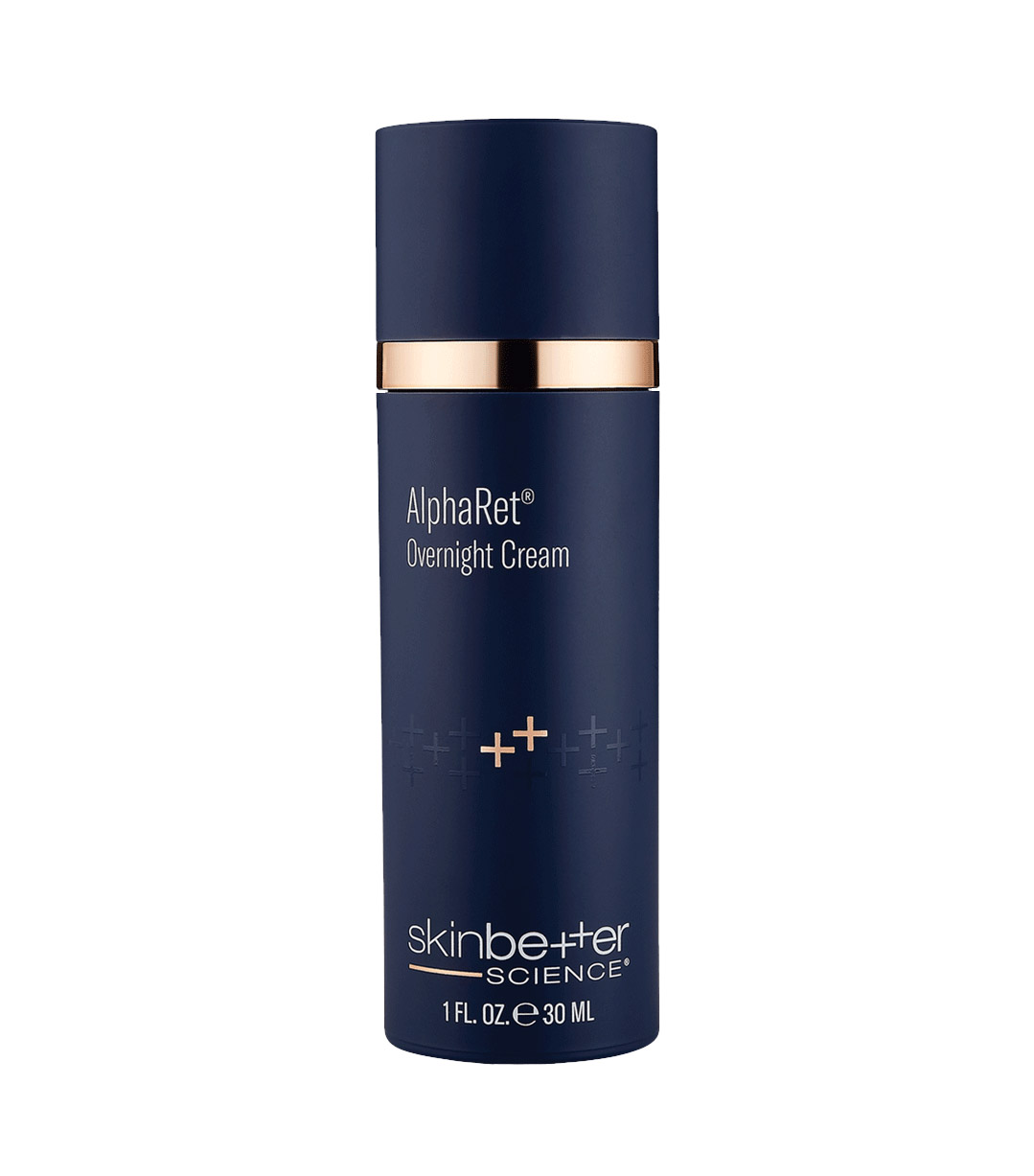
"SkinBetter AlphaRet is a retinol that also contains lactic acid," Hartman says. "This nighttime serum is formulated in a moisturizing base that provides all of the benefits of a retinol with virtually none of the irritation. It is a great retinol option for those who have had difficulty tolerating other retinols and exfoliates in a gentle way."
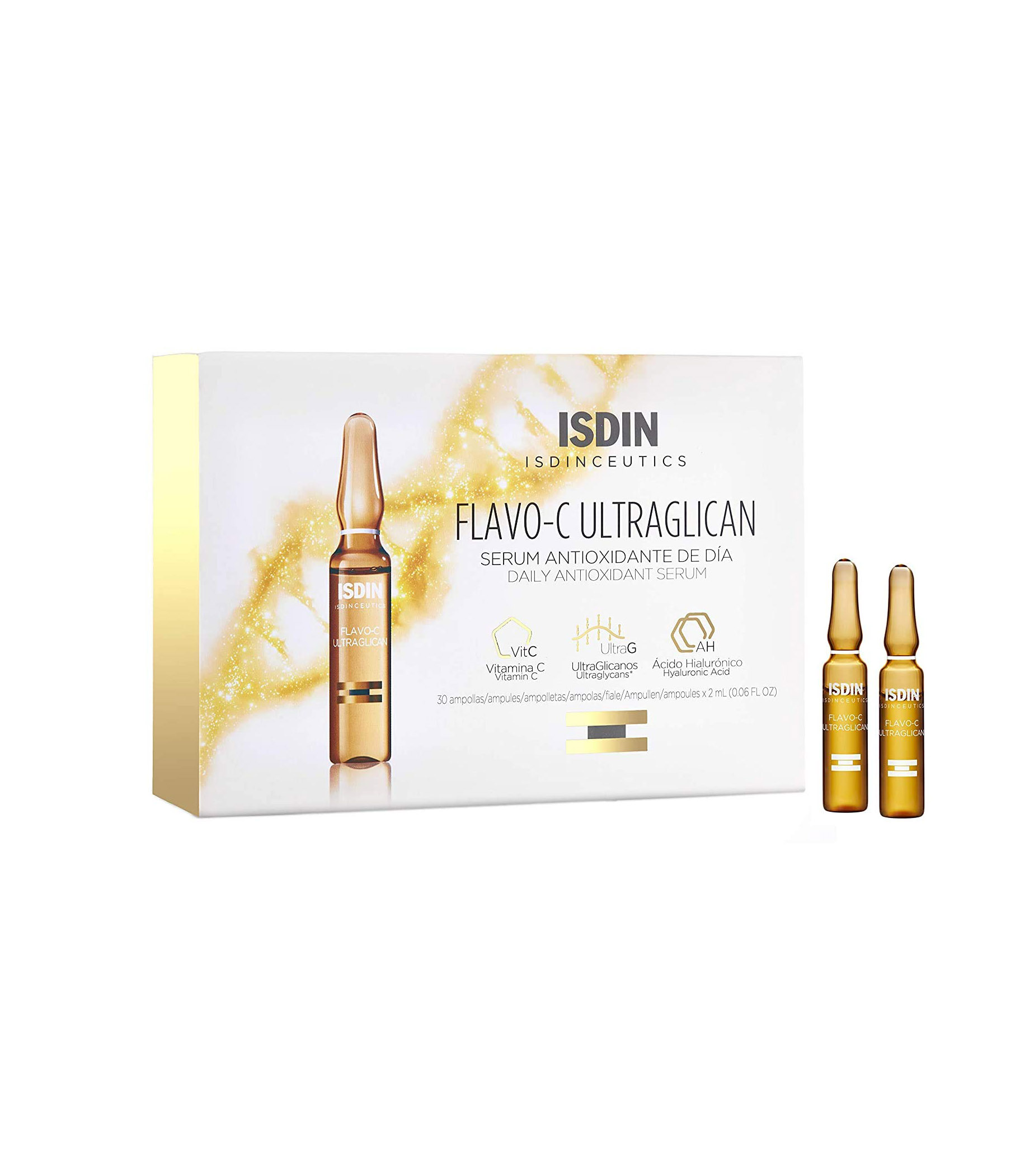
"My go-to hyaluronic acid product is Isdin Flavo-C Ultraglican Ampoules," Tavernise says. "Each application is contained within its own glass ampoule, so it is very active. In addition to hyaluronic acid, it contains vitamin C, which works in combination with the hyaluronic acid to deeply hydrate the skin and also protect from free radicals. I love this because it treats current skincare concerns while also preventing future damage."
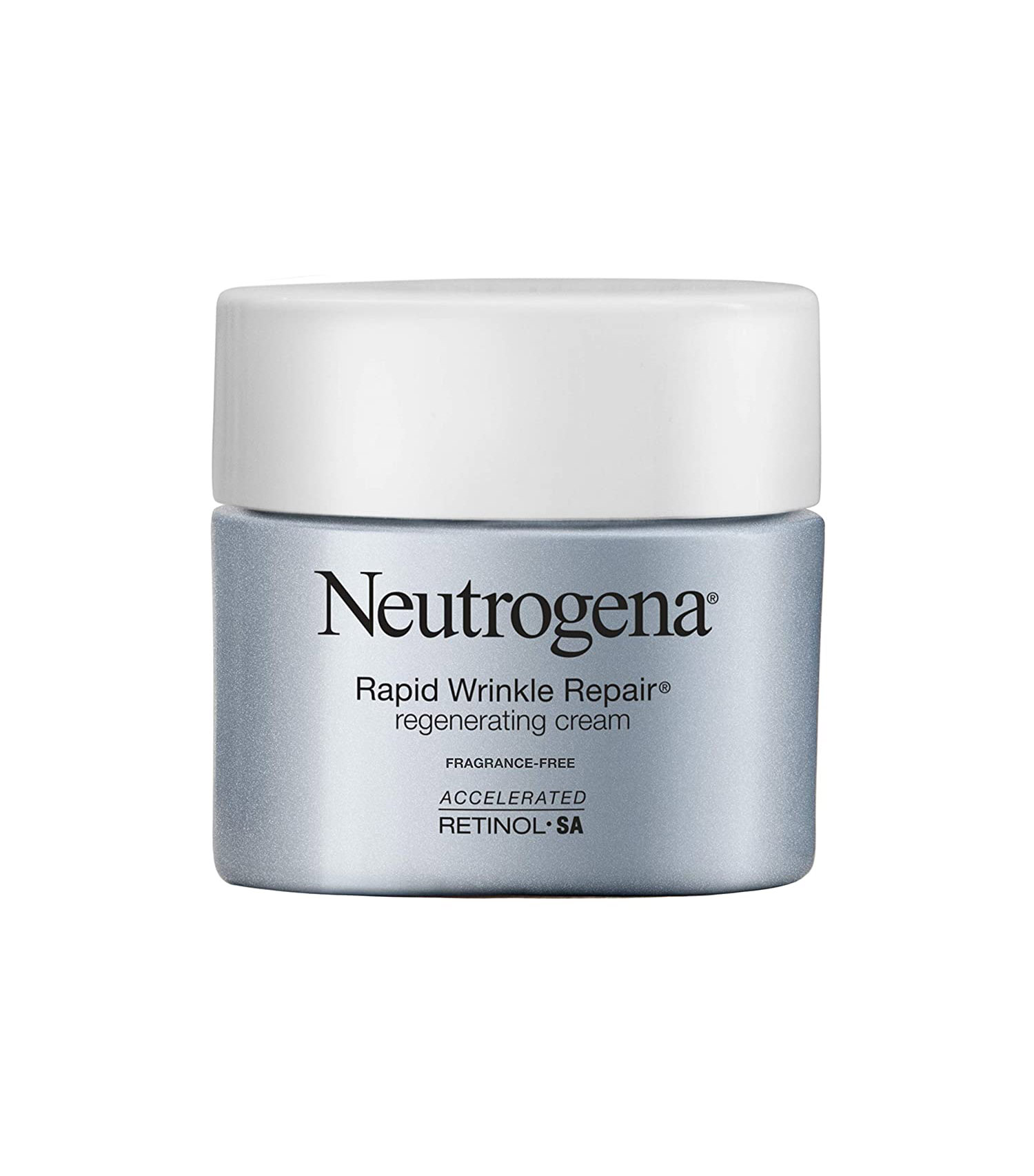
Hartman says Neutrogena's cream is a good drugstore retinol option. "Some may not like the fragrance, and if so, they can choose the fragrance-free option. It glides on the skin well and absorbs quickly. The formula has hyaluronic acid for an additional moisture boost," he explains.
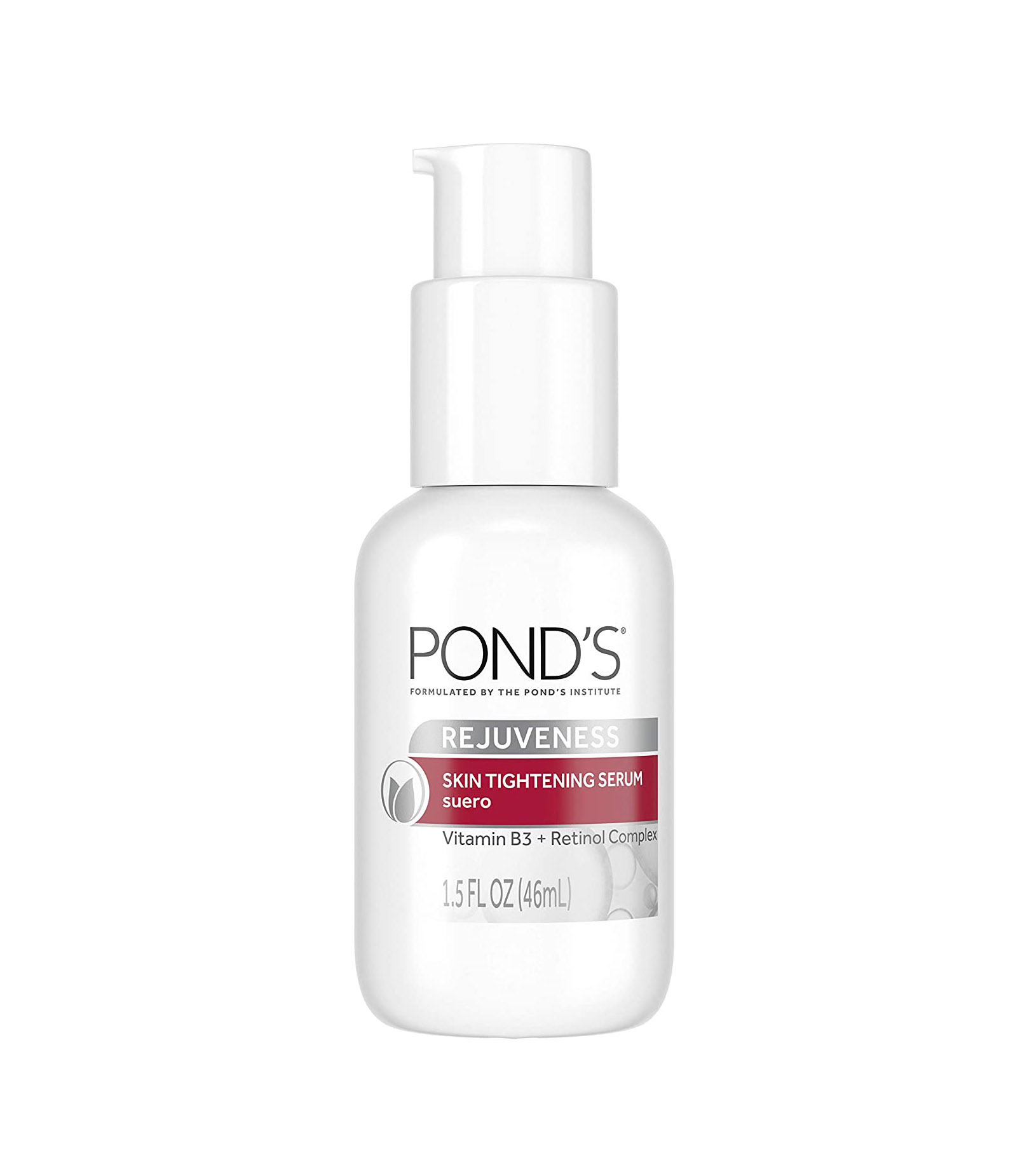
"Pond's Rejuveness Skin Tightening Serum combines a retinol complex with niacinamide to help reduce inflammation," Imahiyerobo-Ip says.
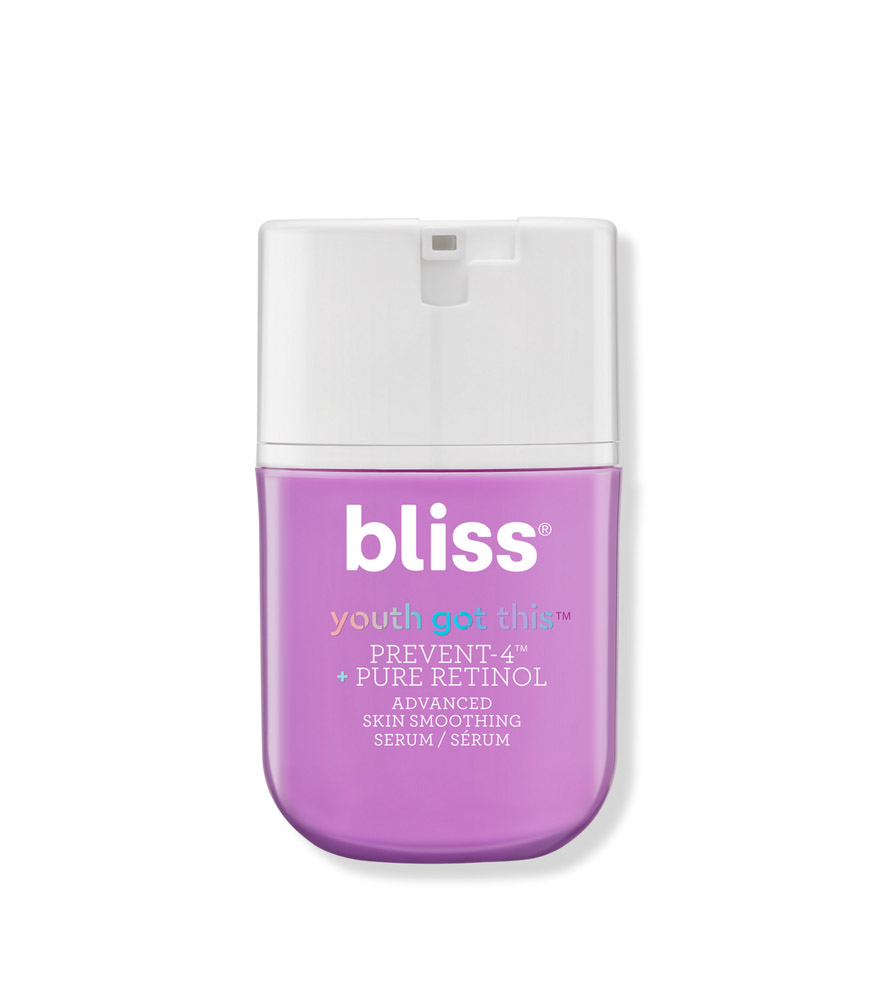
"I also adore Youth Got This by Bliss, which contains a stabilized form of retinol as well as amino acids, peptides, squalene, and antioxidants to deliver enhanced benefits to the skin. It's also fragrance-free, which is a huge plus in my book!" Marcus says.
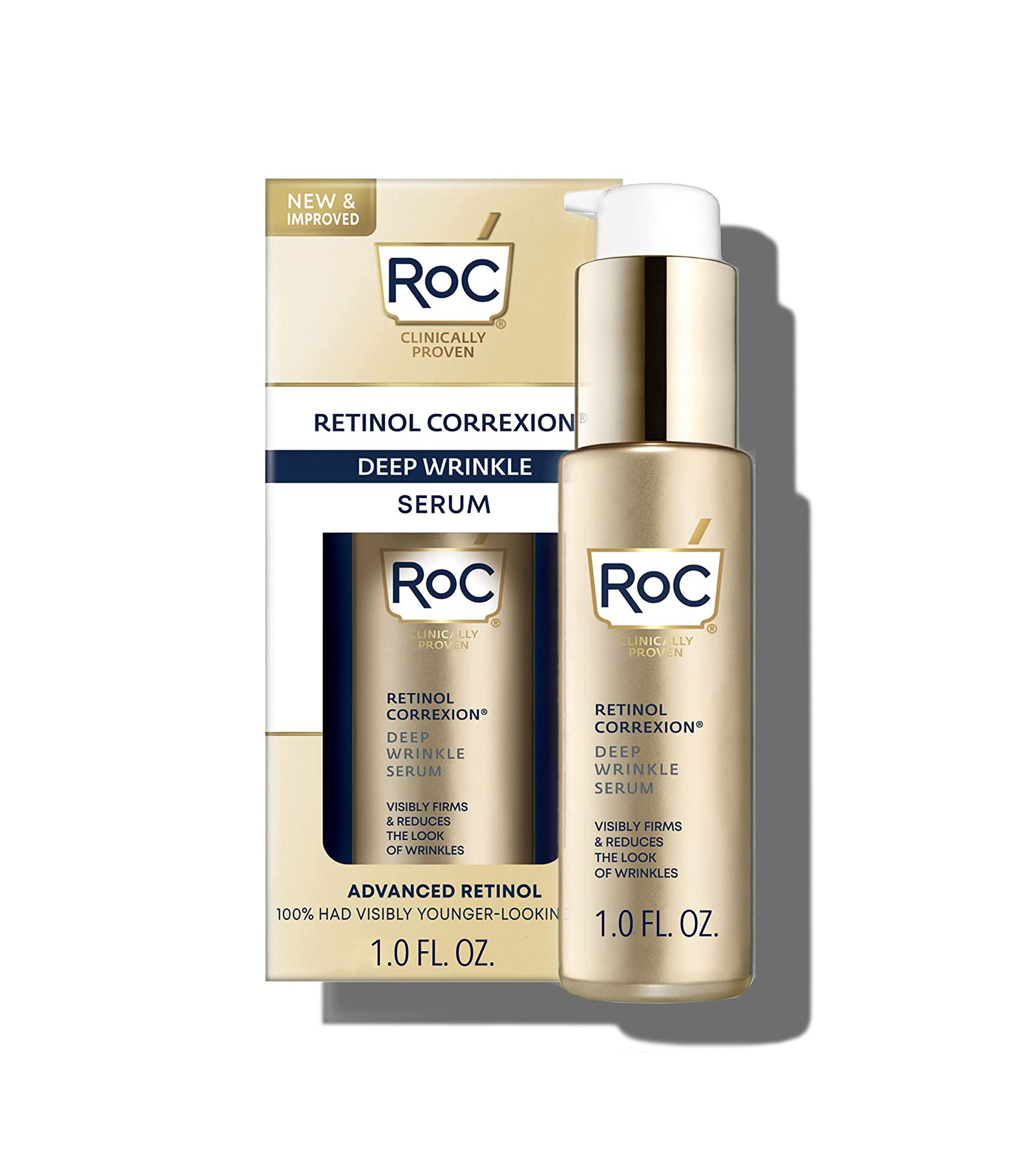
Imahiyerobo-Ip also recommends this highly rated drugstore serum. It contains pure retinol and minerals like magnesium, zinc, and copper.
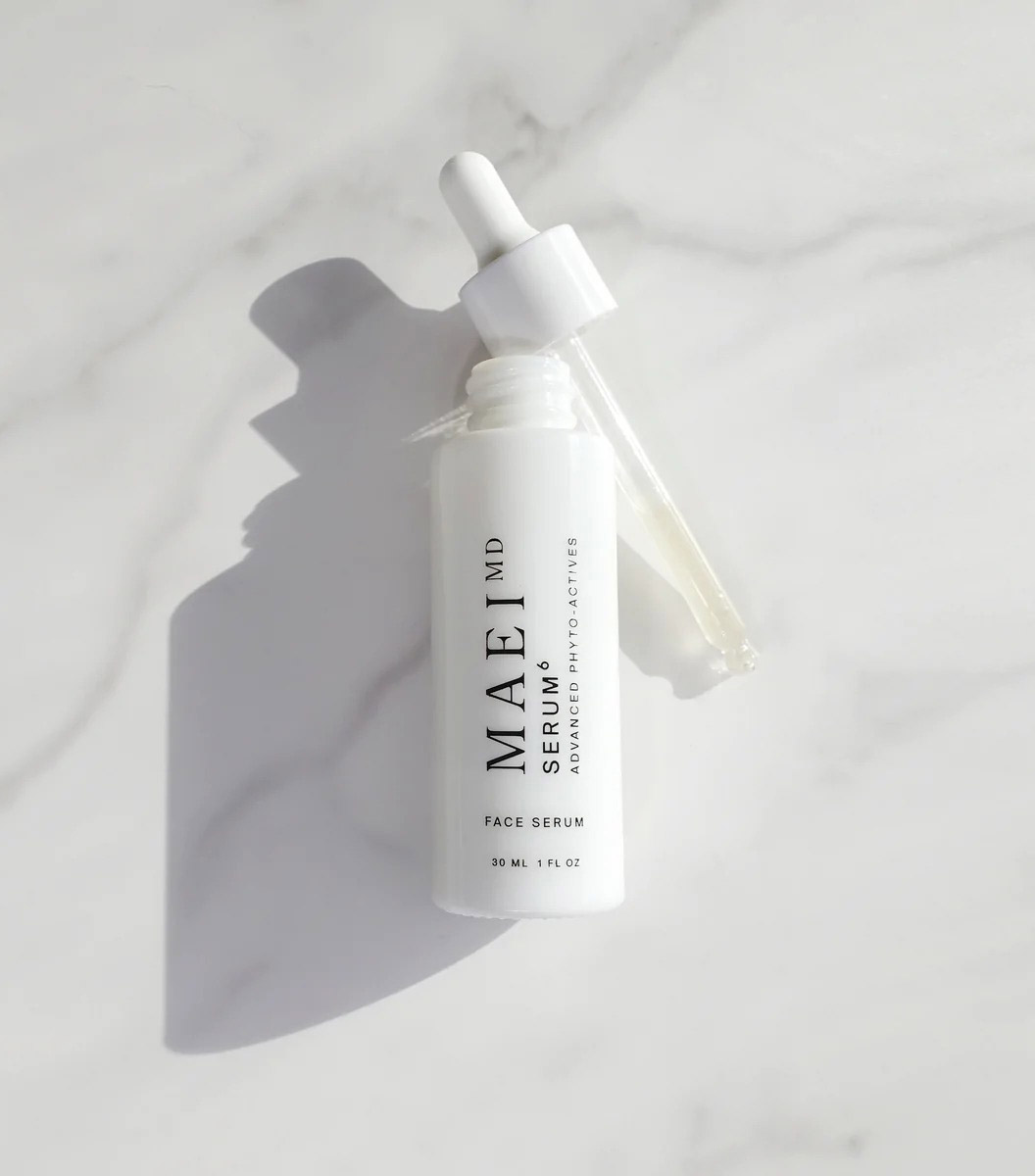
"My favorite hyaluronic acid product is Serum 6 by Maei MD. Serum 6 features multi-molecular-weight hyaluronic acid," Marcus says. "The different sizes of molecules penetrate to varying levels of the skin, hydrating deep down, and plumping closer to the skin's surface. Serum 6 is a highly absorbable formula that feels silky and weightless on the skin. In addition to hyaluronic acid, Serum 6 contains five other daily skin essentials—antioxidants (including vitamin C), peptides, niacinamide, plant-based stem cells, and probiotics. It is dermatologist designed, fragrance-free, and contains everything skin needs for optimal health and radiance!"
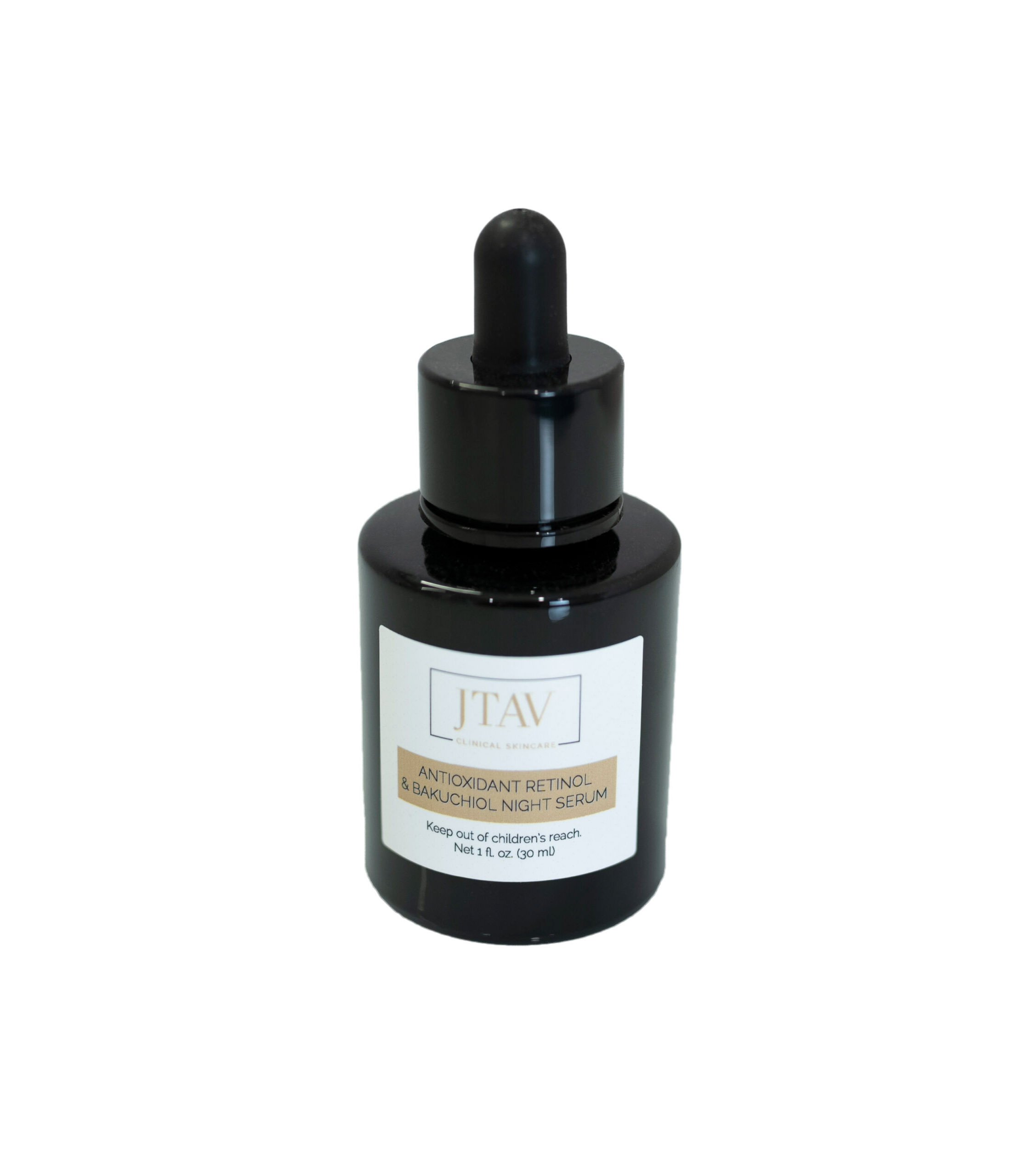
"My choice for retinol is my JTAV Clinical Skincare Antioxidant Retinol," Tavernise says. "I love this formula—it's an antioxidant blend and active all-trans-retinol. It provides so many benefits, [including] reducing discoloration, fine lines, fine lines, wrinkles, pore size, and blemishes. It is gentle yet effective."
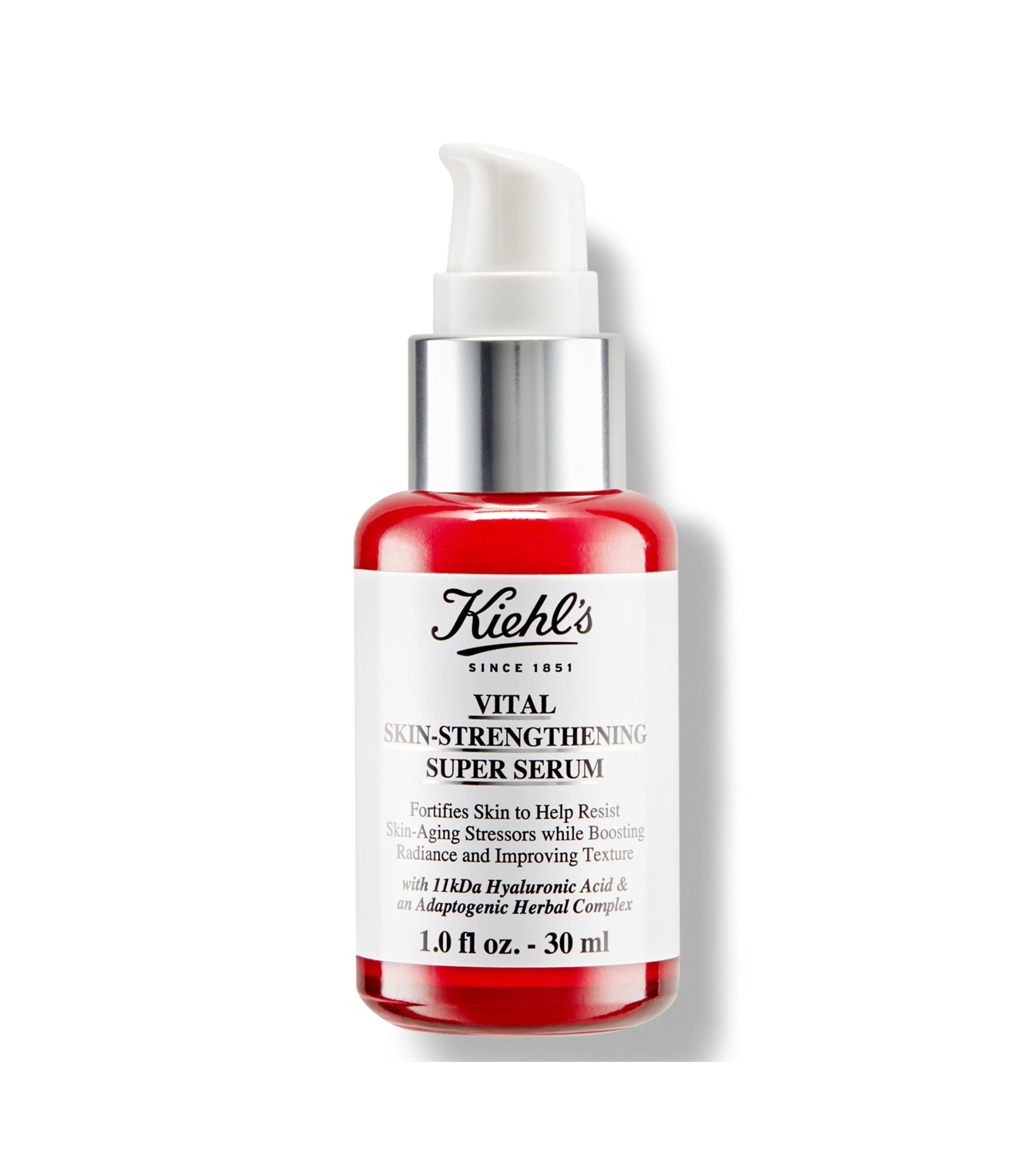
Kiehl's serum will defend the skin against everyday stressors that can cause dullness and dehydration like UV rays, pollution, stress, and lack of sleep. You can use it on your face and neck, morning and night.
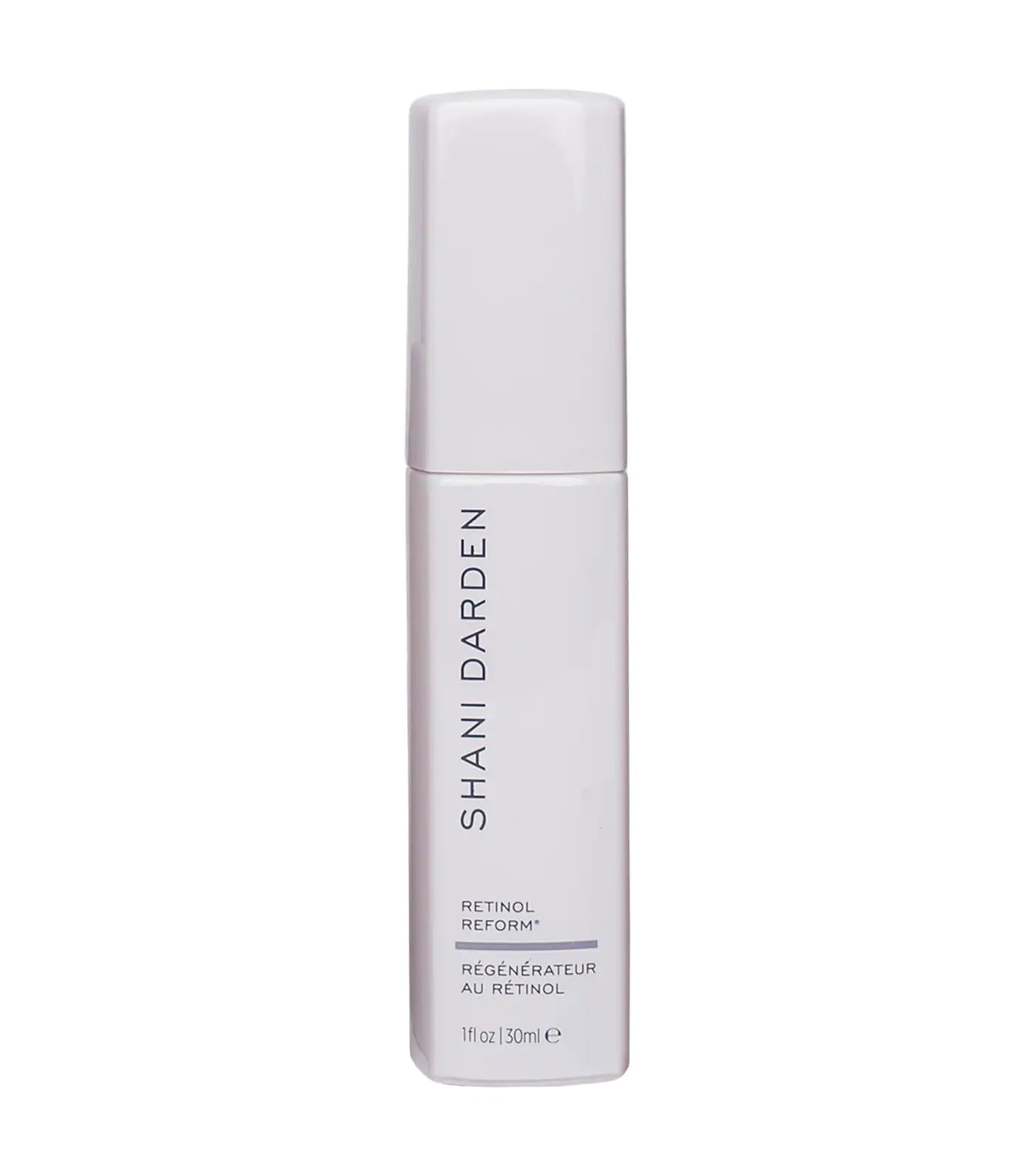
Many of our editors love this retinol product because it's non-irritating. It also contains AHA to exfoliate the skin plus apple fruit extract to reduce the signs of aging and protect against pollution damage.
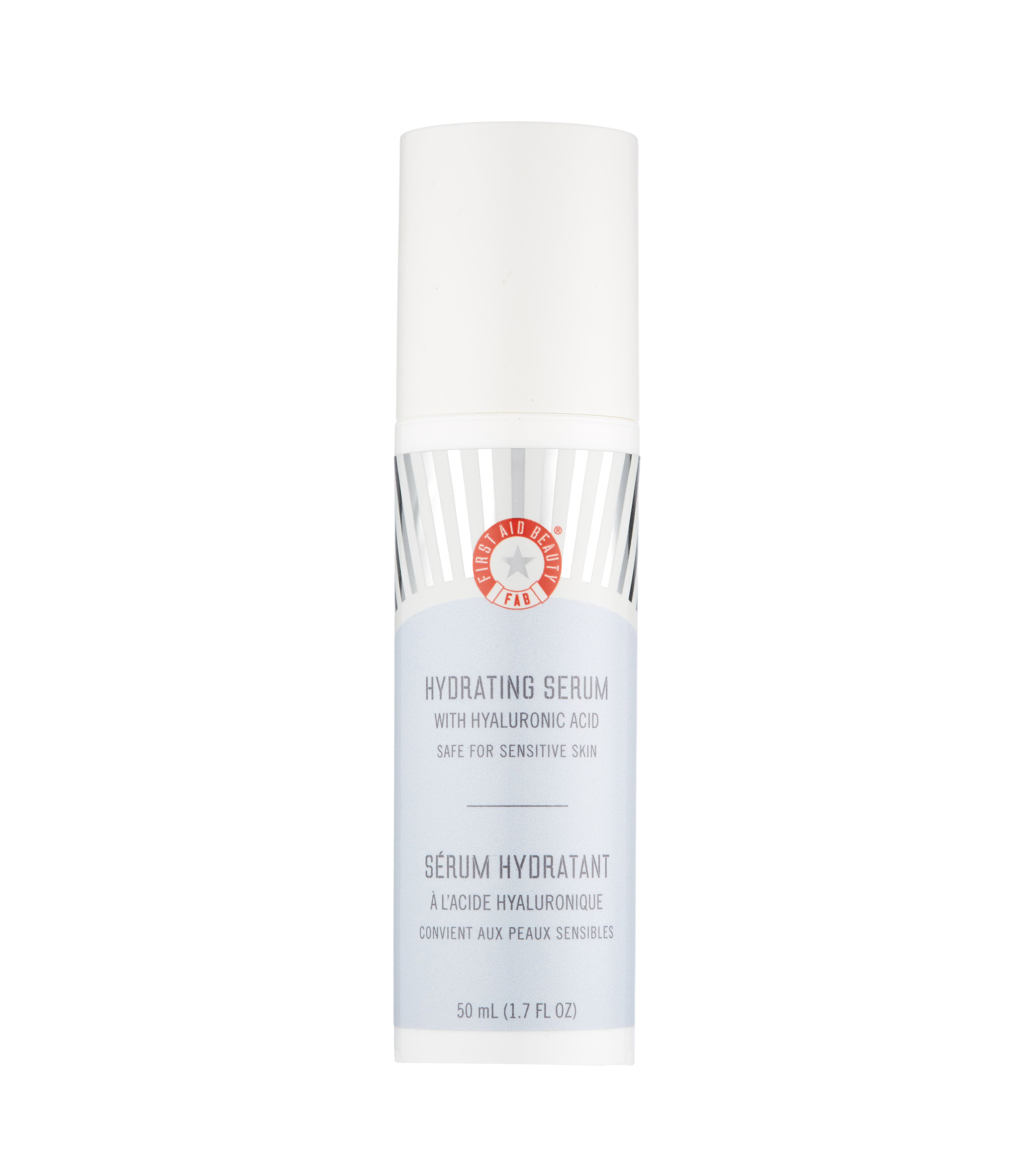
Those with dry skin will love that this lightweight serum provides up to 24 hours of hydration thanks to hyaluronic acid, squalane, and colloidal oatmeal. And since it's weightless, it's easy to layer with other products.
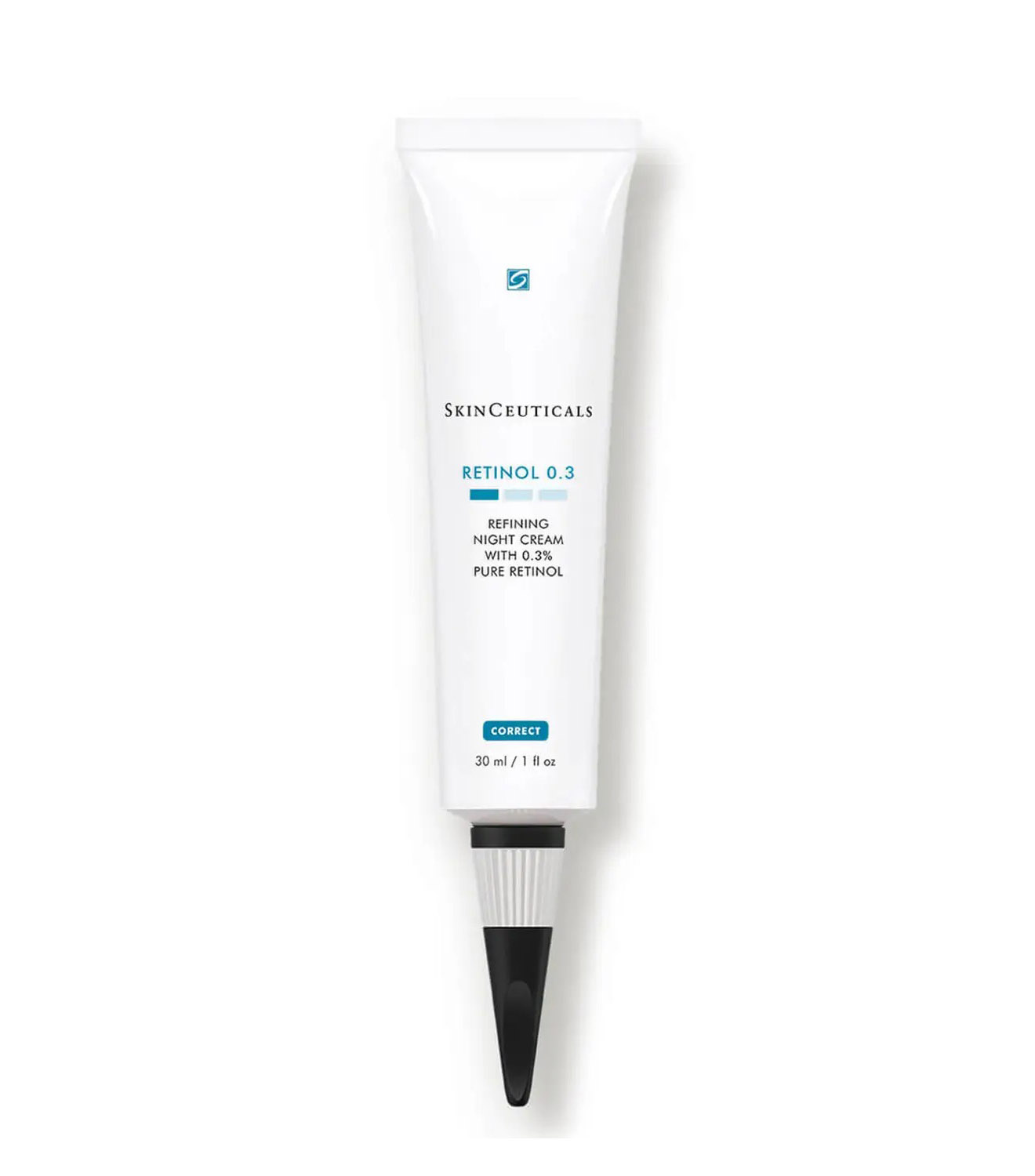
If you're just getting started with retinol and a wary of irritation, you can try this formula that contains 0.3% retinol. It also is infused with a complex of bisabolol and Boswellia serrata extract to soothe and calm the skin.
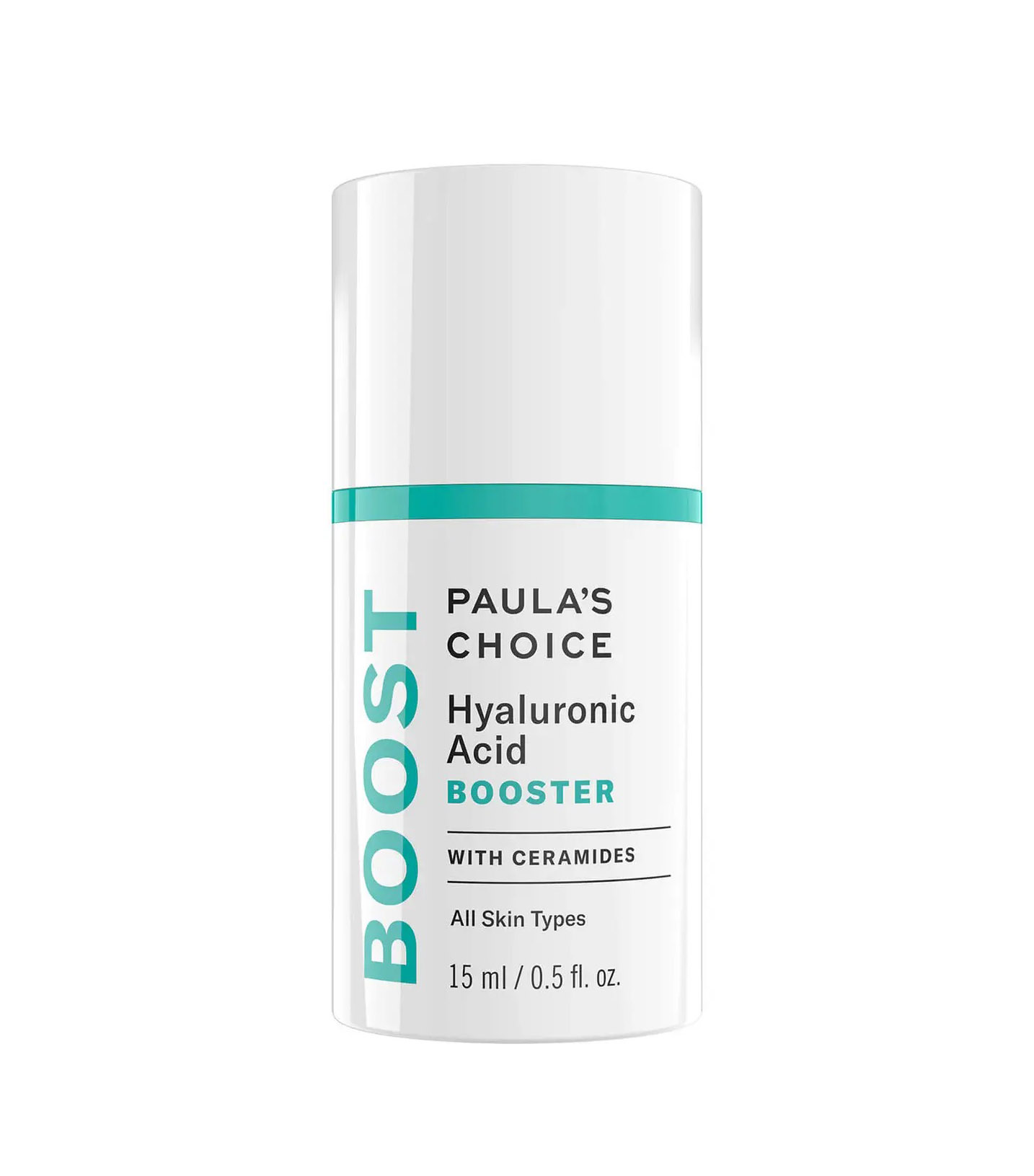
This hyaluronic acid booster from Paula's Choice will leave your skin plumped and smooth. The product contains ceramides to strengthen the skin and repair the skin's barrier and pro-vitamin B5 to leave the skin supple.
Next, This Age-Defying Ingredient Fades Stretch Marks and Heals Your Skin Barrier
Sarah is lifestyle writer and editor with over 10 years of experience covering health and wellness, interior design, food, beauty, and tech. Born and raised in Los Angeles, she attended New York University and lived in New York for 12 years before returning to L.A. in 2019. In addition to her work at Who What Wear, she held editor roles at Apartment Therapy, Real Simple, House Beautiful, Elle Decor, and The Bump (sister site of The Knot). She has a passion for health and wellness, but she especially loves writing about mental health. Her self-care routine consists of five things: a good workout, “me” time on the regular, an intriguing book/podcast/playlist to unwind after a long day, naps, and decorating her home.
-
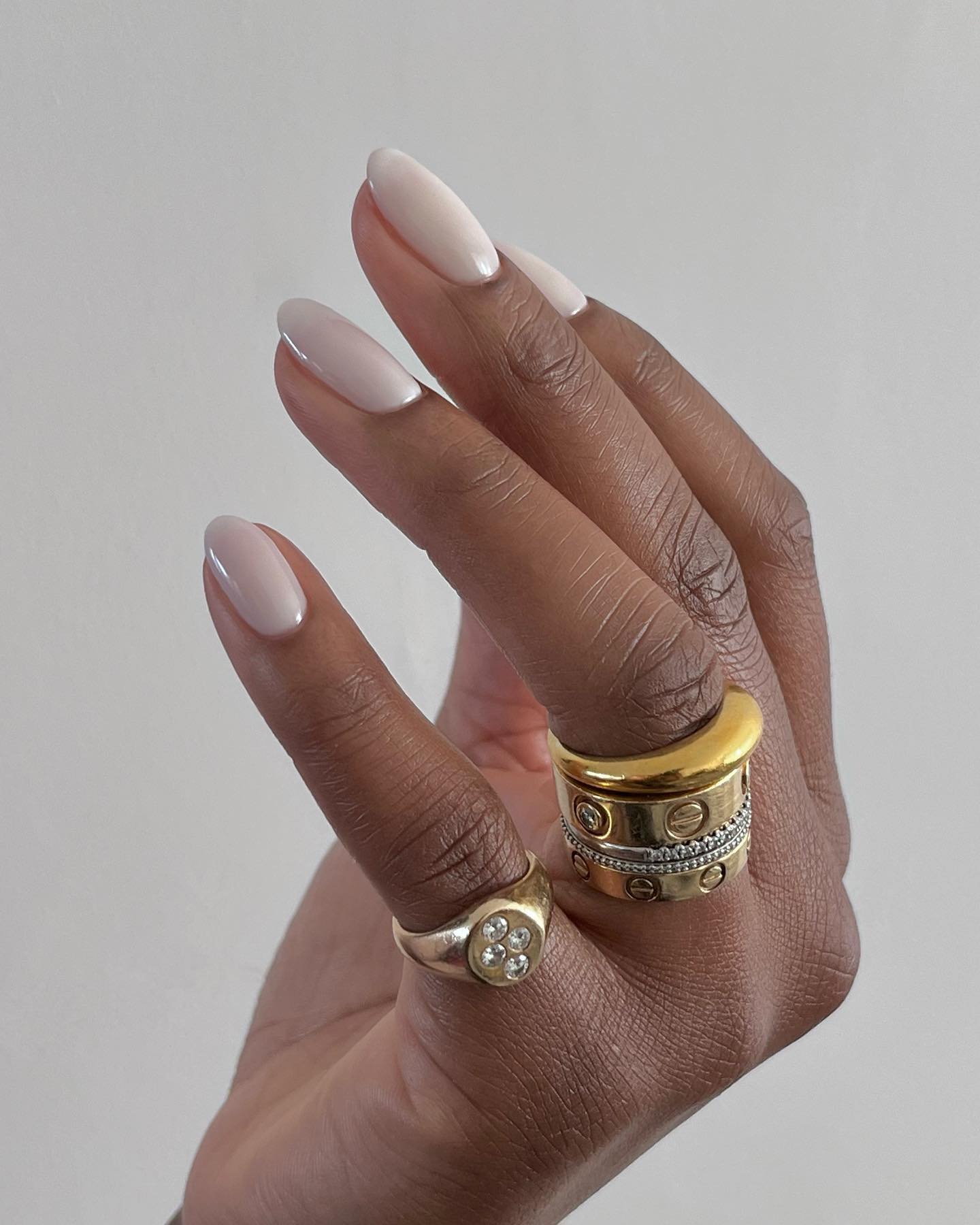 Forget the Trends—These 8 Nail Colors Will Always Be Popular
Forget the Trends—These 8 Nail Colors Will Always Be PopularFads come and go, but these shades are forever.
-
 This Genius Hack Will Turn Every Perfume Into a Travel-Sized Version
This Genius Hack Will Turn Every Perfume Into a Travel-Sized VersionConsider me influenced.
-
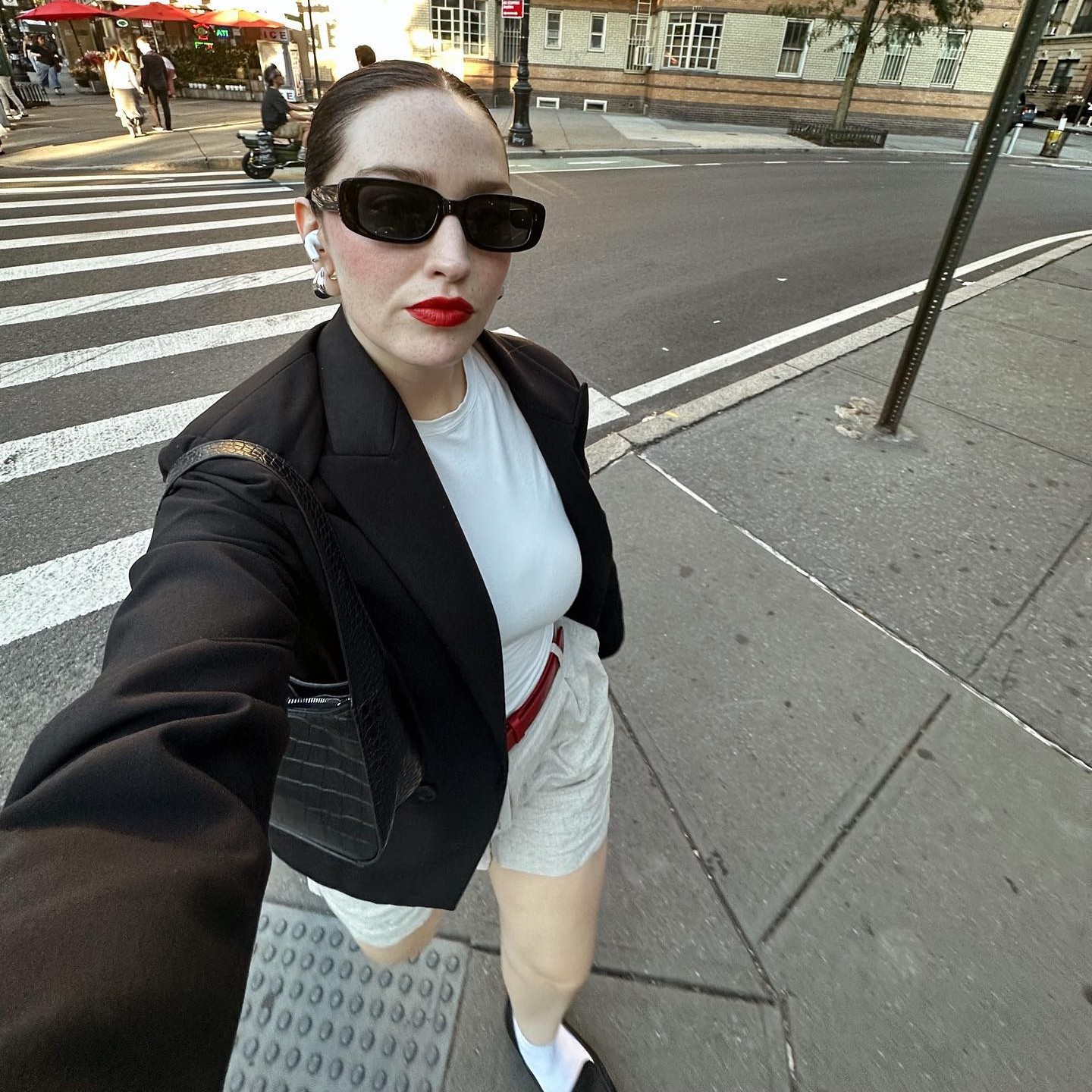 People Always Want to Know My Scent—What I'd Buy During Sephora's Savings Event
People Always Want to Know My Scent—What I'd Buy During Sephora's Savings EventThese perfumes are worth the money.
-
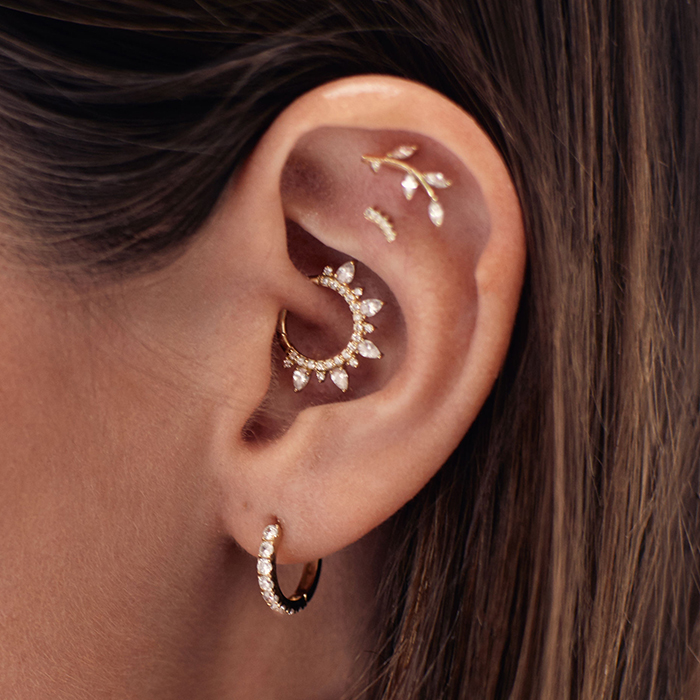 I Spoke to the Piercing Experts—Everyone Is Asking For These 13 Ear Piercings
I Spoke to the Piercing Experts—Everyone Is Asking For These 13 Ear PiercingsI want them all.
-
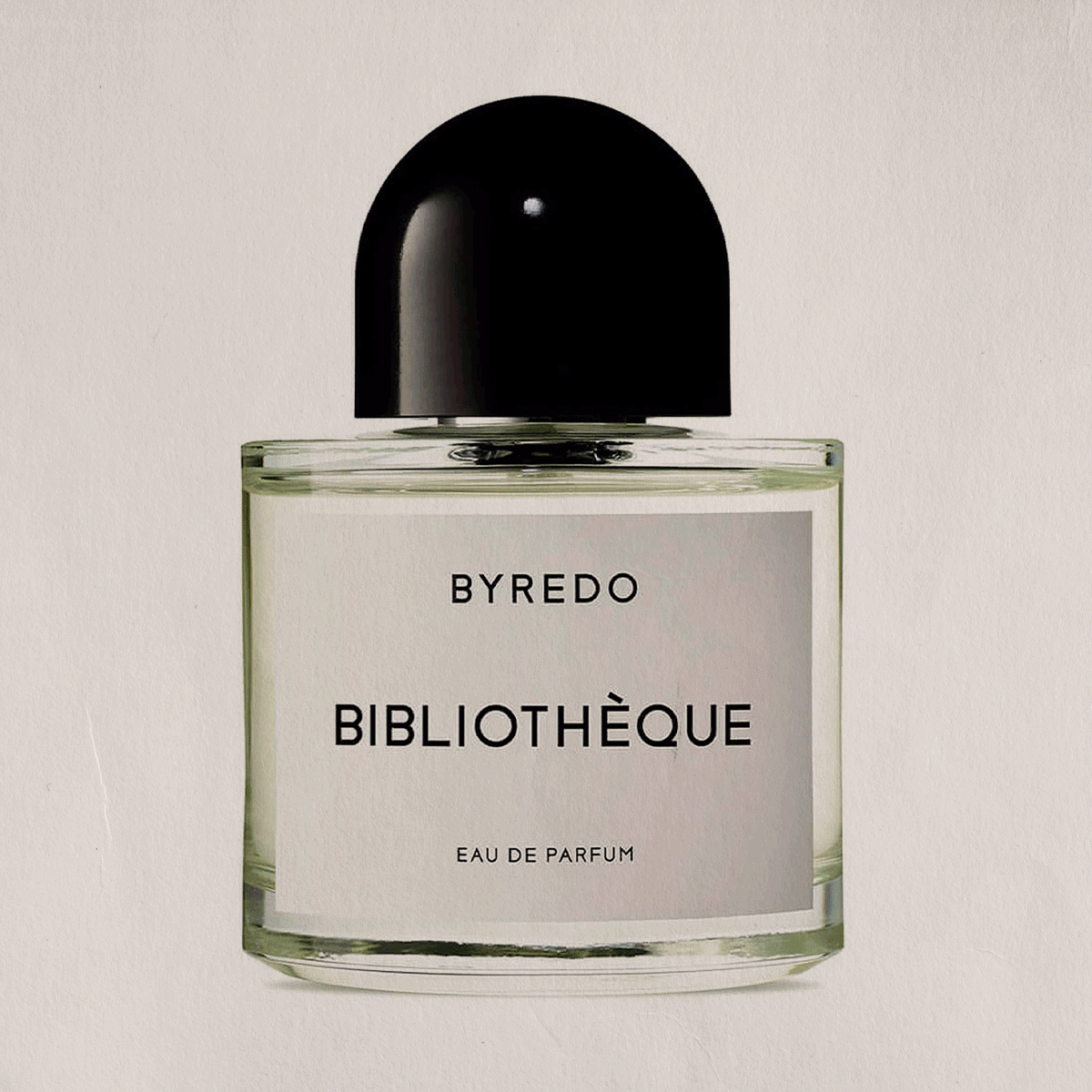 Think You Don't Like the Smell of Leather? These Perfumes Will Change Your Mind
Think You Don't Like the Smell of Leather? These Perfumes Will Change Your MindThey're as smooth as your favorite leather jacket.
-
 It's a Fact: These Tips Give Me a Major Dopamine Release
It's a Fact: These Tips Give Me a Major Dopamine ReleaseIn my feel good era.
-
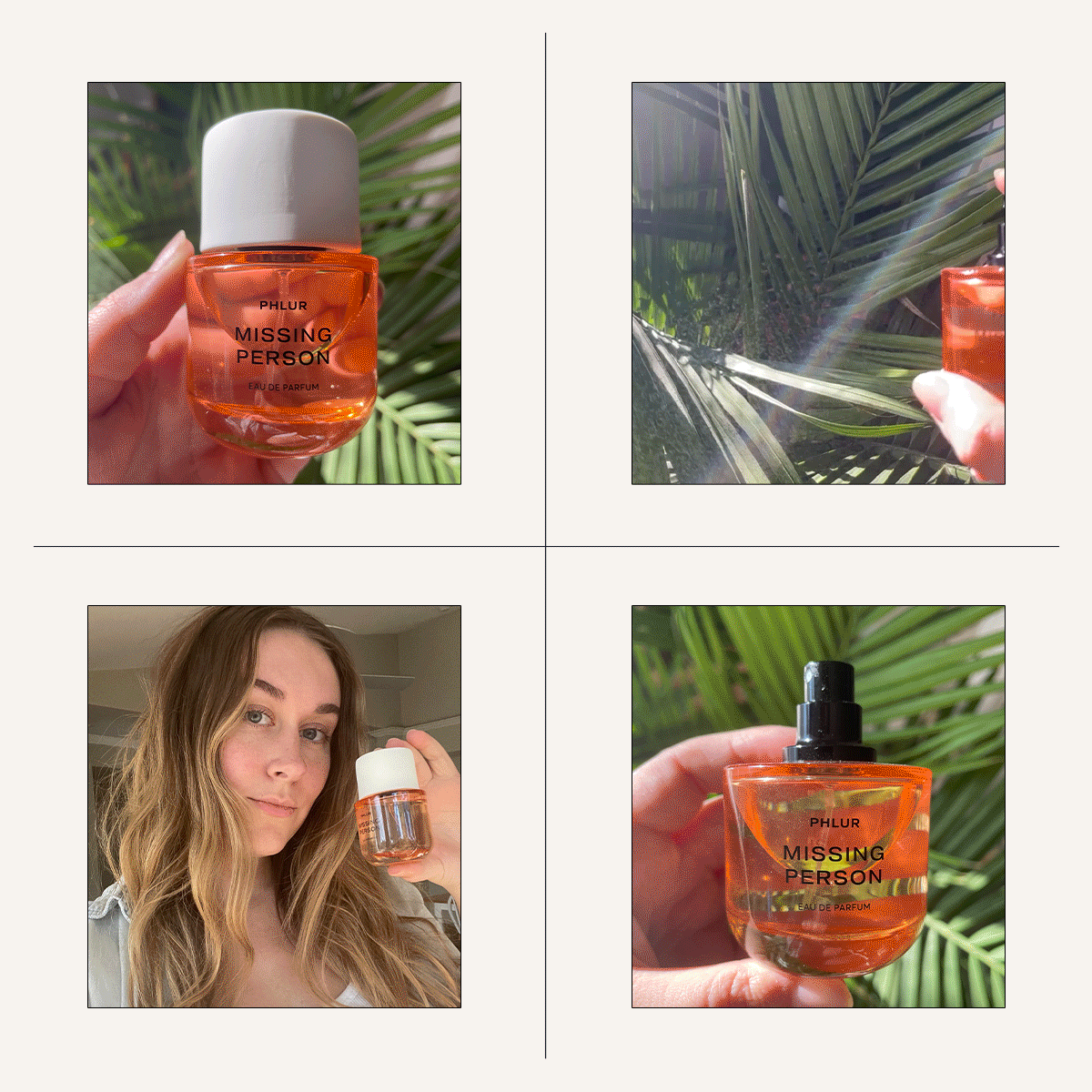 My Signature Scent Is $96 But Smells More Expensive Than Ones That Cost Hundreds
My Signature Scent Is $96 But Smells More Expensive Than Ones That Cost HundredsIt's, dare I say, the perfect perfume.
-
 From the Foundation She Loves to a $4 Lip—Alex Cooper Is a Low-Key Beauty Savant
From the Foundation She Loves to a $4 Lip—Alex Cooper Is a Low-Key Beauty SavantRead our Unfiltered chat.
